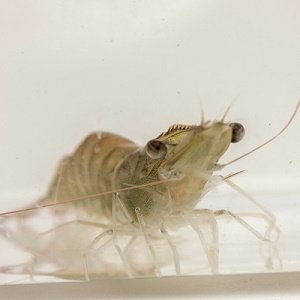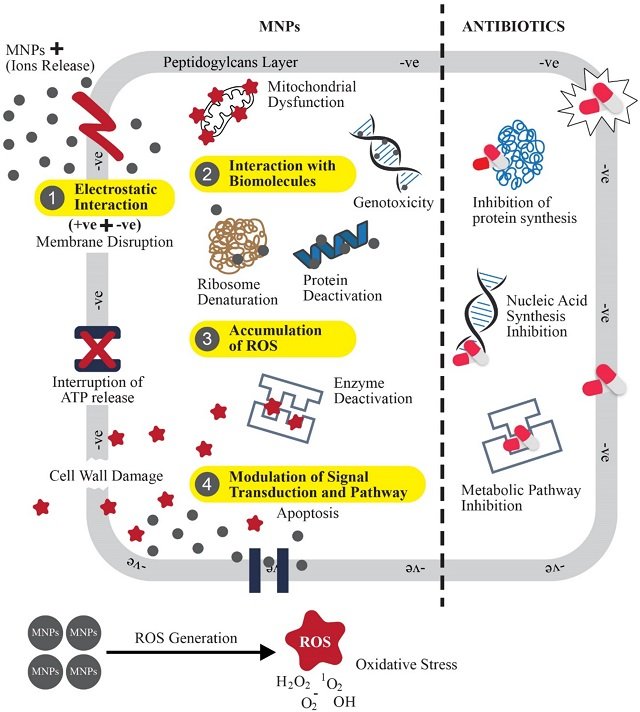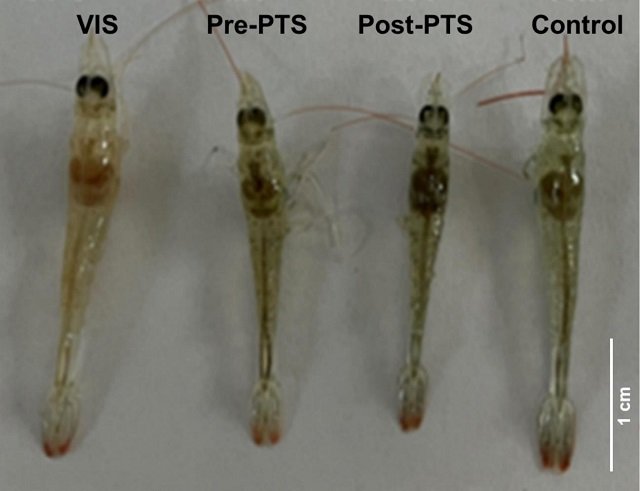
The shrimp farming industry faces a constant battle against disease outbreaks, particularly the devastating acute hepatopancreatic necrosis disease (AHPND) caused by the bacterium Vibrio parahaemolyticus. This disease wreaks havoc on shrimp farms and causes enormous economic losses.
So, how can we turn the tide on shrimp diseases? Research suggests that the answer may lie in a natural and readily available solution: vitamin C (VC).
A new study conducted by scientists at Jeju National University reveals the power of vitamin C (VC) in strengthening the health of Pacific white shrimp (Penaeus vannamei) postlarvae. This research provides valuable insights into how dietary VC can enhance the immune system, antioxidant defenses, and ultimately the survival rates of shrimp.
The Importance of Strong Shrimp
Healthy shrimp are crucial for a successful aquaculture operation. Unfortunately, young shrimp, particularly postlarvae, are vulnerable to diseases like Vibrio parahaemolyticus. This study investigated whether including specific levels of vitamin C in shrimp feed could improve their ability to combat such infections.
Nutrition as a Weapon: The Power of Diet
Feed is the most powerful tool for an aquaculturist. It represents more than two-thirds of operational costs, but a well-balanced diet, including feed additives, can mean the difference between life and death for shrimp. This is where VC comes in.
Why Vitamin C (VC) for Shrimp Health?
Here’s the interesting part: supplementing shrimp diets with VC is immensely promising for improving their overall health and disease resistance. While shrimp can synthesize some VC, they lack a crucial enzyme for complete production, making dietary intake essential.
VC has several qualities that make it a potential champion against diseases:
- Antioxidant Power: VC fights harmful free radicals, protecting shrimp cells from damage.
- Immune System Booster: Studies show that VC can enhance non-specific immune responses in various aquatic species.
- Improved Nutrient Absorption: VC promotes iron absorption, crucial for immune function.
The Power of Vitamin C
The researchers formulated diets containing various concentrations of vitamin C, from no added VC to a high dose. They then observed the growth, immune response, antioxidant activity, and resistance of the shrimp to Vibrio parahaemolyticus. The results were clear:
Improved Growth and Digestion: Shrimp fed diets supplemented with vitamin C showed significantly better growth performance compared to those without added VC. Additionally, diets with optimal levels of VC enhanced the expression of growth-related genes and digestive enzymes.
Stay Always Informed
Join our communities to instantly receive the most important news, reports, and analysis from the aquaculture industry.
- Stronger Immune System: Vitamin C supplementation significantly increased genes associated with the shrimp’s innate immune system, including prophenoloxidase, crustin, and penaeidin-3a. This translates to a stronger defense against pathogens.
- Enhanced Antioxidant Activity: VC is a potent antioxidant, and the study confirmed this in shrimp. Higher levels of VC in the diet led to increased activity of antioxidant enzymes such as superoxide dismutase, glutathione peroxidase, and catalase. These enzymes help neutralize harmful free radicals that can damage cells.
- Disease Resistance: The most interesting finding was the significant increase in resistance to Vibrio parahaemolyticus observed in shrimp fed diets with optimal VC levels (between 80.2 mg and 160 mg/kg of diet).
Finding the Optimal Dose
The study also identified a sweet spot for VC intake. Through sophisticated analysis, the researchers determined that the optimal VC level in the diet for shrimp postlarvae is around 80.2 mg/kg of diet to promote growth. Interestingly, even higher levels of VC (over 83 mg/kg of diet) were found to further enhance disease resistance.
Conclusion: VC for Thriving Shrimp
“The results of this study showed beneficial effects of VC supplementation in the diet of P. vannamei in response to the increasing trend of economic losses in shrimp aquaculture,” conclude the scientists.
Thus, the study highlights the crucial role of vitamin C, similar to riboflavin, in promoting the health and well-being of Pacific white shrimp postlarvae. By incorporating optimal levels of VC into their diet, shrimp farmers can expect to:
- Significantly improve growth, feed utilization, and disease resistance.
- Including moderate levels of VC (around 80 mg/kg of diet) in shrimp diets offers a powerful strategy to optimize growth.
- Higher levels of VC can provide additional protection against bacterial infections.
The study was funded by the National Research Foundation of Korea (NRF) and the Basic Science Research Program through the NRF funded by the Ministry of Education.
Contact
Kyeong-Jun Lee
Department of Marine Life Sciences, Jeju National University, Jeju, 63243, South Korea
Marine Life Research Institute, Kidang Marine Science Institute, Jeju National University, Jeju 63333, South Korea
Email: kjlee@jejunu.ac.kr
Reference
Ko, D., & Lee, K. (2024). Dietary vitamin C reduces mortality of pacific white shrimp (Penaeus vannamei) post-larvae by Vibrio parahaemolyticus challenge. Fish & Shellfish Immunology, 151, 109723. https://doi.org/10.1016/j.fsi.2024.109723
Editor at the digital magazine AquaHoy. He holds a degree in Aquaculture Biology from the National University of Santa (UNS) and a Master’s degree in Science and Innovation Management from the Polytechnic University of Valencia, with postgraduate diplomas in Business Innovation and Innovation Management. He possesses extensive experience in the aquaculture and fisheries sector, having led the Fisheries Innovation Unit of the National Program for Innovation in Fisheries and Aquaculture (PNIPA). He has served as a senior consultant in technology watch, an innovation project formulator and advisor, and a lecturer at UNS. He is a member of the Peruvian College of Biologists and was recognized by the World Aquaculture Society (WAS) in 2016 for his contribution to aquaculture.







